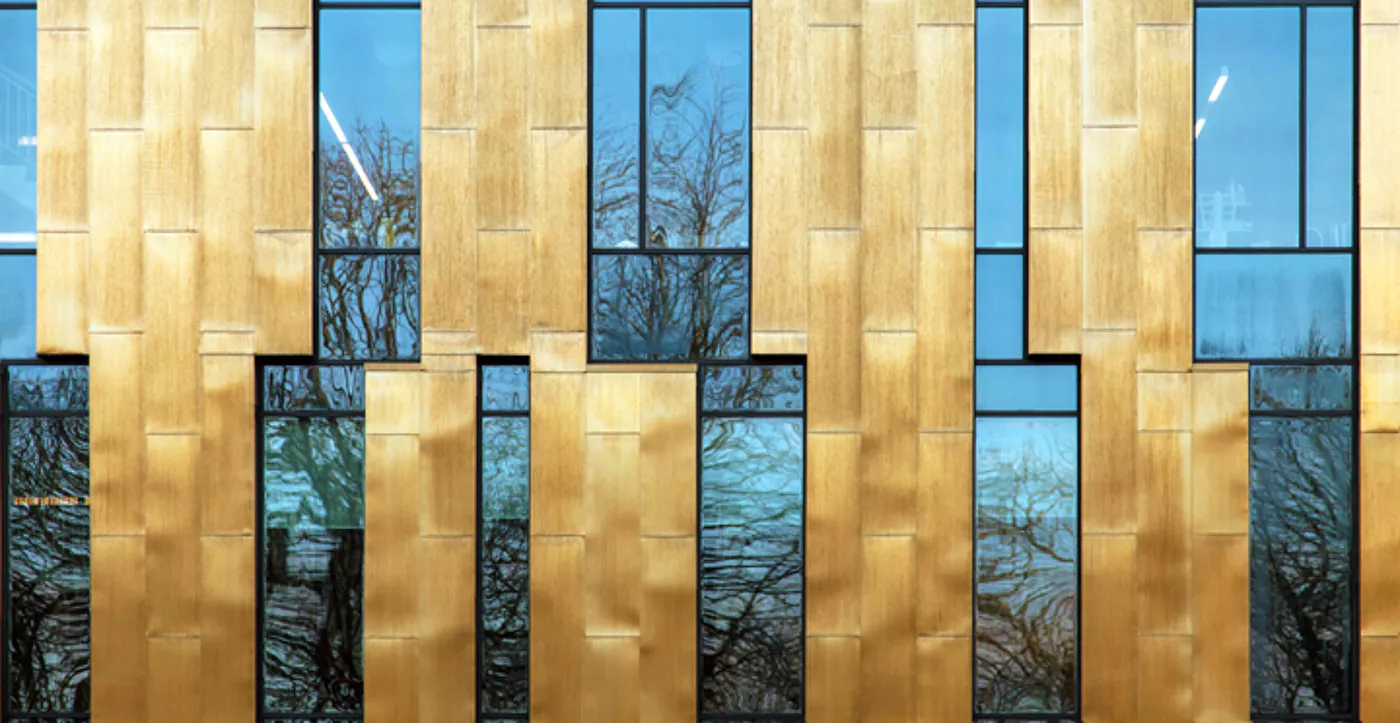Innovation excels this summer at the University of Glasgow, from robotics competition winners to a new research hub.
The 2025-26 academic year has begun and the University of Glasgow has kept the ball rolling with pioneering innovation and modernisation. The Glasgow Guardian’s World Changers takes a look at the monthly accomplishments and developments that makes the University the top 100 academic institution it is. This summer, UofG has undergone exciting changes; from achievements in robotics and AI ethics to virology, and even film and theatre.
On Sunday 20th July, a student team from the University of Glasgow attended the 24-25 Olympus Rover Trials in Oxfordshire, and came back with a national winning team. The competition, run by UK Students for the Exploration and Development of Space (UKSEDS), challenges students to create a rover with the ability to travel through demanding terrain. With the aim to produce a robot rover capable of enduring the conditions on Mars, UofG competed with 14 other teams across the UK to demonstrate the best of their design skills. Passing all the tests, the team, named Banana Island, not only achieved the overall winning title, but also achieved Best Critical Design Review and Best Innovation.
The University has also witnessed success with film and theatre this summer. Three Words for Forest: Exploring Uncertainty in a Time of Climate Crisis is a filmed production, which seeks to address the relationship between the climate crisis and UK forests. Blending performance with environmental awareness, Three Words will be involved as a newLEAF project, which aims to understand “how effectively and quickly UK treescapes might adapt to climate change and new biotic threats is critical for guiding policy and human interventions.” James Arnott Chair in Drama Professor Deirdre Heddon, alongside Research Associate Dr Rachel Clive, are key developers of the play. The project will also be funded by the Arts and Humanities Research Council, enabling accessible alternatives for viewers, including sign language interpreted.
University of Glasgow’s virology research will also be experiencing significant changes. A Translational Hub will be introduced to the University’s Centre for Virus Research (CVR), designed to prompt innovative virology research. Currently, the CVR gathers “over 200 scientists, clinicians, and trainees across 25 labs to tackle the world’s most pressing viral threats”. With the new hub, researchers will look into vaccine evaluation and genomic surveillance, particularly to improve healthcare readiness in the case of a new viral outbreak. The Queen’s Anniversary Prize, the highest honour awarded in UK higher education, previously recognised the University of Glasgow for virus research into Hepatitis C and dengue.
Last but not least, the Lovelace-Hodgkin Symposium is set to return to the University of Glasgow this October. The conference invites leading AI experts to discuss this year’s theme, Responsible AI and education. In the Advanced Research Centre and the GUU Debates Chamber, the event is free to attend, and presents speakers from the University of Glasgow, University of Cambridge, University of Oxford, Scottish Parliament, and more. Crucial questions and topics of the AI industry will be addressed, notably covering AI’s ethical role in academia. The event will take place 2-3 October 2025.
